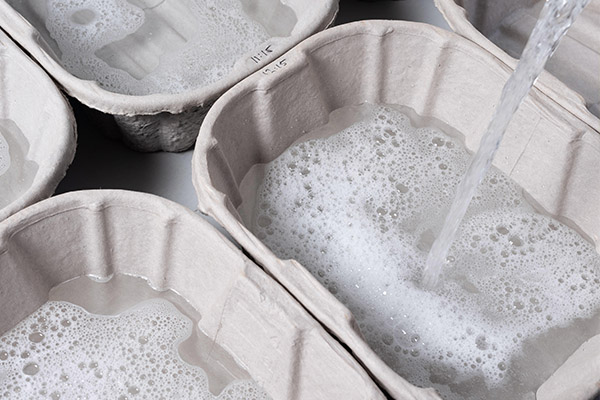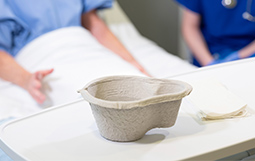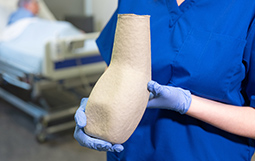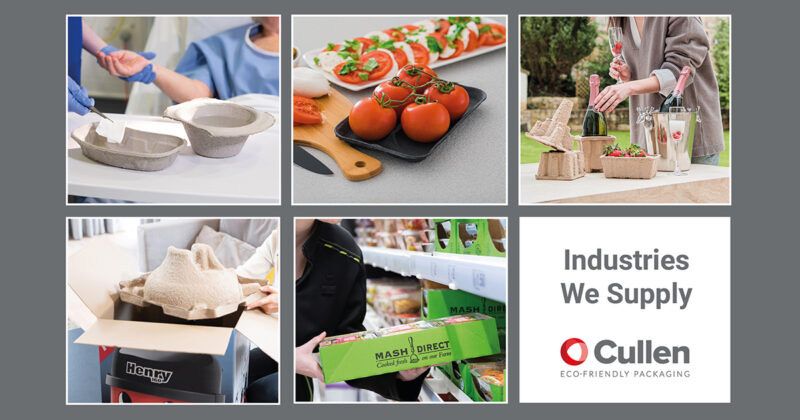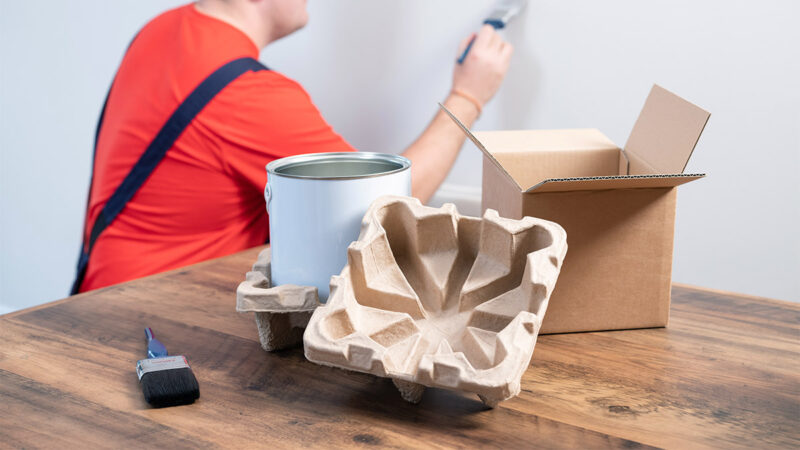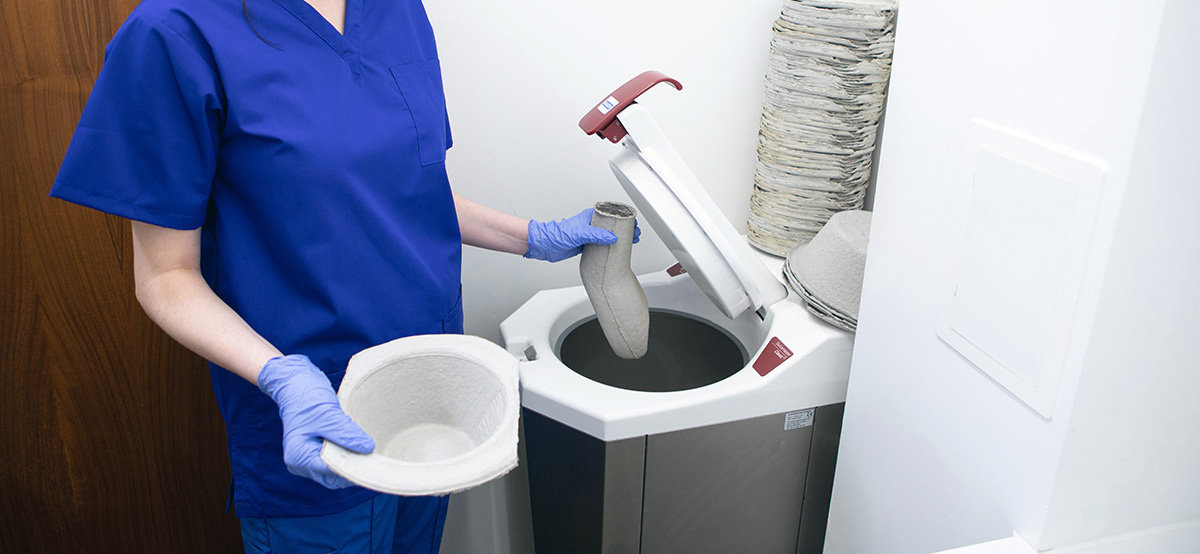
Limit the spread of infection in healthcare
With the world now facing a COVID crisis as well as a climate crisis, organisations have readied for the fight and those in healthcare industries are leading the charge.
As seen with social distancing, individual changes scaled up can have big consequences. An action that is seemingly tiny but repeated often and by many can make a huge difference.
So what small and simple changes can be made in healthcare settings that could impact infection control and environmental recovery? Here are our top 5 tips to limit the spread of infection in healthcare:
- Go back to basics. The most basic infection control systems have room for improvement. Plastic and metal utensils for the disposal of bio-waste require stringent washing and high-standard disinfecting to be safely re-used. Recent studies show that up to 33% fail a contamination audit. Several single-use materials provide a better level of infection control.
- Keep time on your side. Healthcare workers are hugely time-pressured. Efficiencies in the most basic tasks can allow re-allocation of precious time to other care tasks. The turnaround time to reinstate reusable utensils is 10 minutes, while the collection and disposal of a single-use option can take only 90 seconds. If completed ten times a day, this would give staff an extra 1 hour and 25 minutes to allocate elsewhere; reducing the stress and pressure that can lead to mistakes and the temptation to cut corners.
- Get it out of your system. How waste is disposed of can make a big difference. Reusable utensils need a lot of water at staggeringly high temperatures to ensure it is clean and safe for the next patient to use. Introducing a single-use version can lead to a very significant reduction in electricity and water usage with up to 60% less water and 96% less electricity needed.
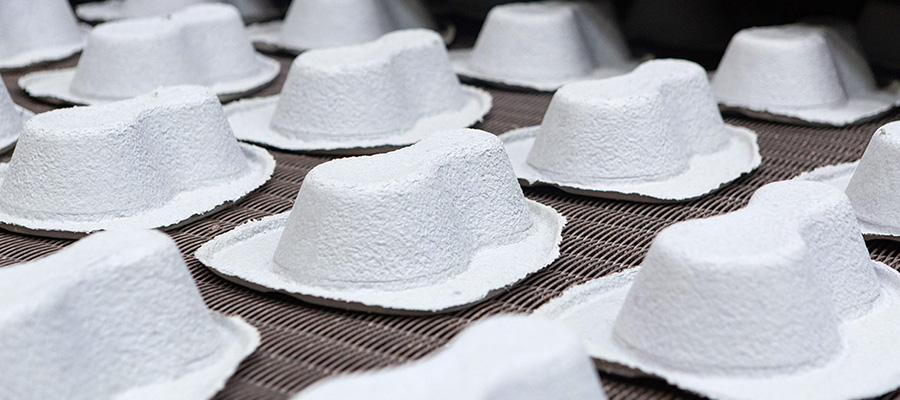
- Keep it clean (and green!) – Single-use is most commonly seen as the villain in the story of the environment but in a medical setting, it is the hero. Alongside the large reduction in energy and water, the environmental impact of a single-use utensil, made using moulded pulp, for example, is minimal. Made from recycled material, the pulp is macerated and flushed into the sewage system with no more impact than recycled toilet paper. Not only that, but it gets rid of the need for costly and environmentally damaging chemicals used to sterilise traditional versions for reuse.
- Take care of the pennies (and the pounds take care of themselves). Public services always have to be fiscally responsible in difficult circumstances. Small savings and getting rid of hidden costs matter even more when they are scaled up so significantly so no-one can afford to make expensive changes, even if they are beneficial in the fight against COVID and climate damage. However, when looking at all factors, including energy and staff resource spend, and with no need for expensive chemicals, moulded pulp can be up to 39.4% cheaper than the alternative reusable system.
When it comes to the disposal of medical waste – pulp solves problems.
Cullen are BRC/IoP “Global Packaging Standard for Packaging and Packaging Materials” certified up to the ‘high risk’ category for use in the medical industry and supply the NHS, HSE and many health boards worldwide. Our products are of the highest standards to meet their needs.
Explore our moulded pulp solutions for healthcare facilities or contact our experts for more help and information on problem-solving medical pulp products.



